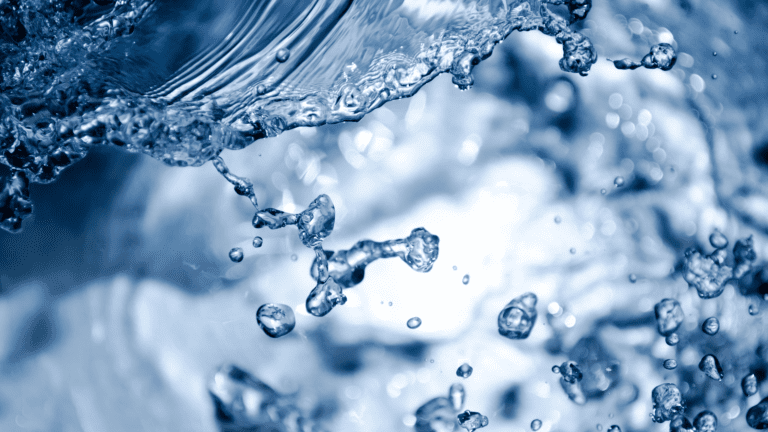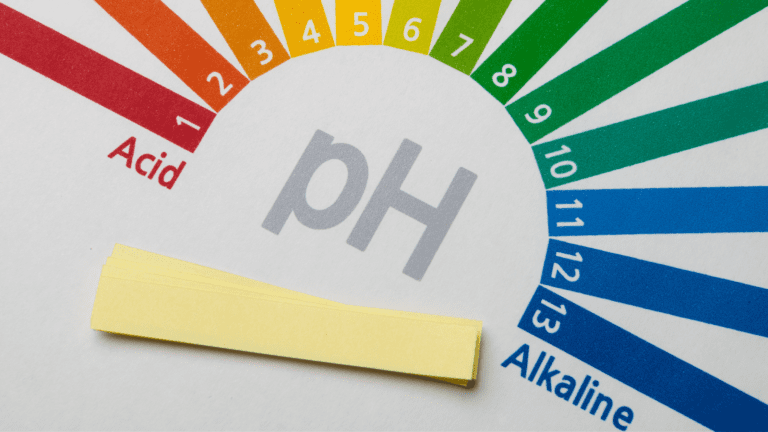Calculating The Dose Of H2
What Is “ppm”? The ppm is an acronym for “parts per million”, a unit of measure that describes how much of one substance (called the “solute”) is dissolved in a sample of water (called the “solvent”). This is a measurement of concentration (or density), which can often be helpful in our daily lives. The ppm…




